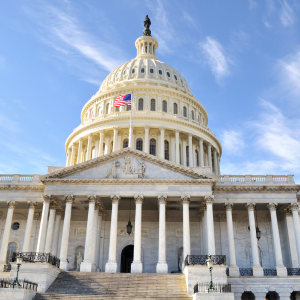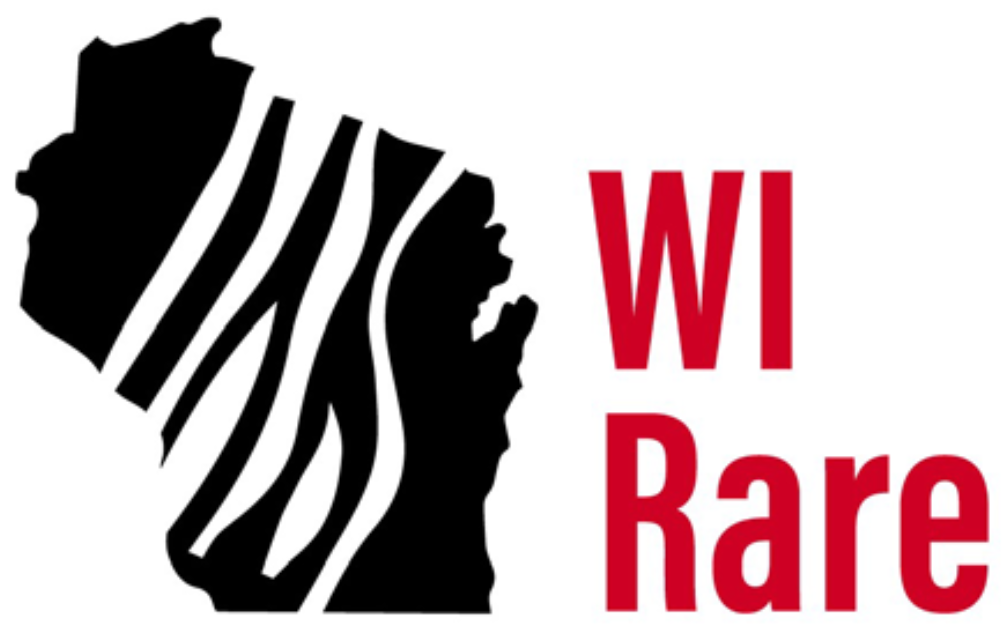Advocacy in Action
We are dedicated to assisting advocates on their advocacy journey. Here are a few resources for individuals to increase their advocacy skills.


Our Watch List: Wisconsin Legislative and Regulatory
Make All Copays Count
This bill requires health insurance to apply amounts paid by or on behalf of an individual for brand name prescription drugs to apply to the patient’s out-of-pocket maximum or any cost-sharing requirement.
Impact to Rare
On average, people with rare diseases spend 3-5x more on healthcare. Copay assistance was created to help vulnerable patient families afford medicines prescribed by their doctors. Some examples include pharmaceutical copay cards, and nonprofit financial assistance.
Pharmacy benefit managers (PBMs) and insurers increasingly create programs to prevent such assistance from counting towards patient cost-sharing. As a result, patients may find it challenging to afford and adhere to their medications.














Pharmacy Benefit Manager Regulation
This bill reduces drug costs by limiting the money Pharmacy Benefit Managers (PBMs) get from the drug supply chain, including pharmacists, patient groups, doctors, clinics, and drug companies.











Value Based Purchasing Arrangements for Drugs
This bill allows the Department of Health Services to enter into a value-based purchasing arrangement with a drug manufacturer for purposes of the Medical Assistance program. These types of arrangements are being created to address access to gene and cell therapies.
Successfully passed and signed into Law on March 22, 2024!















Newborn Screening
This bill adds federal newborn screening recommendations to the state-required newborn screenings, granting rule-making authority, and providing an exemption from emergency rule procedures.











Rare Disease Day
This day will be recognized February 29, 2024, as Rare Disease Day in Wisconsin.













*Provided with permission by The Bonnell Foundation in Michigan
Rare Disease Advisory Council (RDAC)
While there is not a current bill, establishing an RDAC is regularly discussed. More than 25 states have already enacted RDACs in their states.
For more on RDACs, please see video provided by our friends in Michigan.
Impact to Rare Disease
Having a state RDAC allows for a dedicated group of subject experts to be at the ready to provide important rare disease knowledge to state government bodies as needed.



Our Watch List: Federal Legislative and Regulatory


The Access to Genetic Counselor Services Act
This bill provides for coverage under Medicare of genetic counseling services that are furnished by genetic counselors. Covered services include those services, as well as incidental services and supplies, that would otherwise be covered under Medicare if provided by a physician.
Impact the Rare Disease
Most rare diseases are genetic diseases and access to genetic counselors is vital in helping a family understand their disease.











Accelerating Kids’ Access to Care Act (AKACA)
This bill provides for Medicaid physicians to enroll in out-of-state Medicaid programs for a 5 year period in order to accelerate care to children needing services from other states.
Impact the Rare Disease
Many children with rare diseases do not have specialists available in their state. In order to access expert care, they need to travel out of state. Children on Medicaid are limited to accessing care in only their home state. Exceptions can be made, but the process for obtaining care is a complicated, long process. When a child is in a crisis due to their rare disease, they don’t always have the time to wait for approval before receiving treatment. This bill would allow physicians to opt in to multi-state Medicaid programs thus eliminating the wait period a child would have to wait in order to access out-of-state care.















Creating Hope Reauthorization Act
This bill will reauthorize the Rare Pediatric Disease Priority Review Voucher (PRV) program for four years to encourage innovation in rare diseases that affect children.
Impact to Rare Disease
When a company receives a Priority Review Voucher, they can either use that voucher towards the next drug they are seeking approval for, OR they can sell that voucher to another company and use the money from the sale to fund their next drug. This voucher will allow the holder to shave off 4 months of the FDA review timeline enabling them to possibly get their future drug to market sooner.
The current Reauthorization Act expires this September. Without it, no new PRVs will be issued which will stifle the innovation of new rare disease drugs.











Facilitating Innovative Nuclear Diagnostics Act of 2023 (FIND Act)
The bi-partisan Facilitating Innovative Nuclear Diagnostics (FIND) Act will ensure patient access to these imaging procedures.
Resources for more information can be found at SNMMI.
Impact to Rare Disease
Treatment can be impacted if nuclear medicine scans are not available or if doctors do not offer PET or other nuclear medicine scans because reimbursement is insufficient. Unnecessary therapies, surgery, and hospital stays may result.















Safe Step Act
This bill will require group health plans to establish an exception process to medication step therapy protocol.
Impact to Rare Disease
Many times the drug that a doctor prescribes to the patient is denied by insurance until similar, cheaper drugs already on the market have been tried. By forcing a patient to use a drug choice not recommended by the physician, the patient may experience major side effects that cause adverse health effects and could lead to costly hospitalizations.
This bill would make it so that if the treatment on the market was expected to be ineffective or likely cause an adverse reaction, or was expected to decrease the patient’s ability to handle daily functions, that the Step protocol would be suspended and the physician prescribed drug would be covered by insurance within 72 hours after receipt of the request, or 24 hours when the protocol jeopardizes the life or health of the individual.











Ask Your Members to Join the Rare Disease Congressional Caucus
The Rare Disease Congressional Caucus is a bipartisan bicameral caucus that works to raise awareness of rare diseases. It is open to ALL legislators. If your legislator is not a member, please reach out and ask them to join!
Impact to Rare Disease
This Caucus helps bring public and Congressional awareness to the unique needs of the rare disease community (including patients, physicians, scientists, and industry), and creates opportunities to address barriers to the development of and access to life-altering treatments. It gives a permanent voice to the rare disease community.





